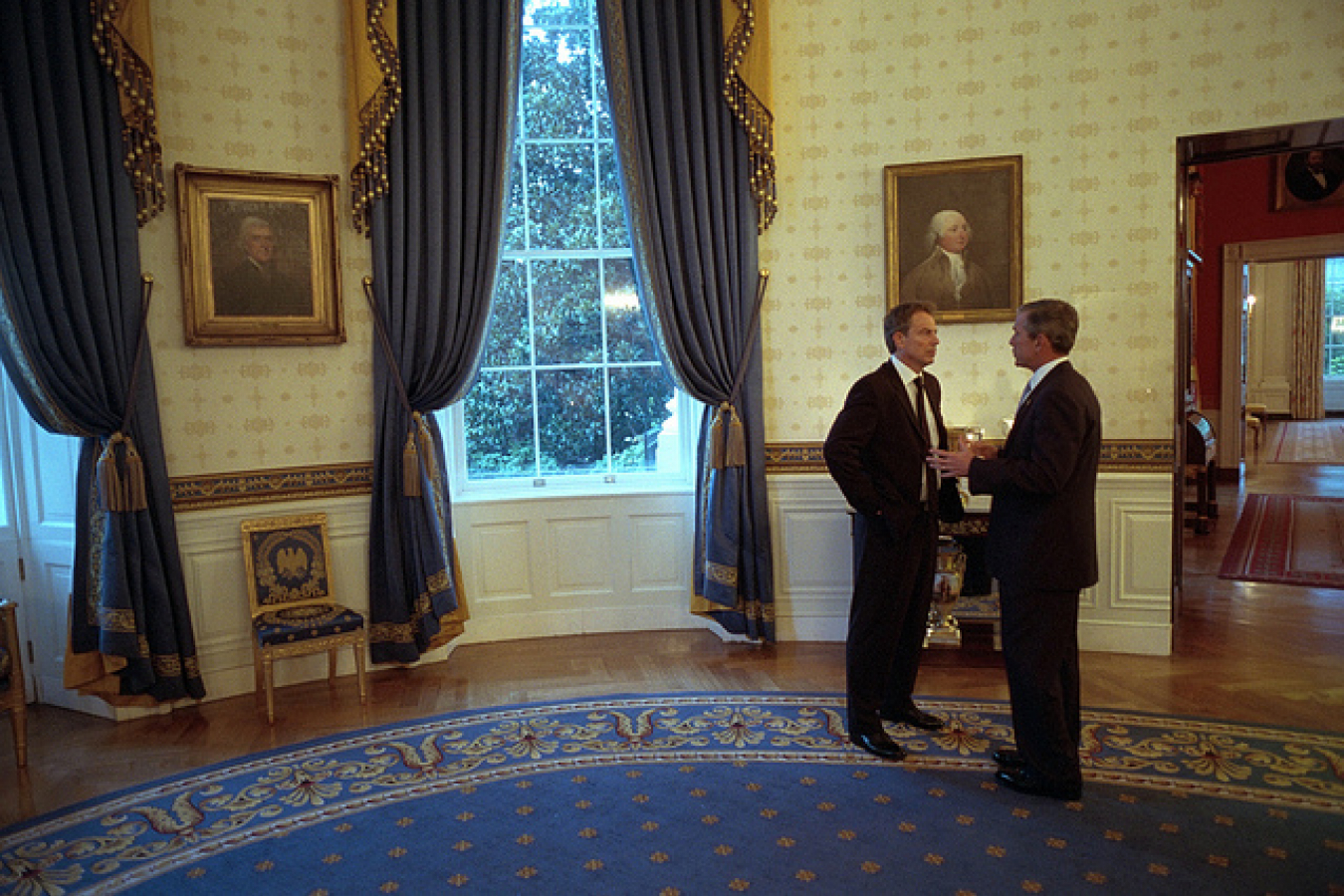Tony Blair looks set to be voted in for a historic third term as Prime Minister in the UK. Early results showed that his Labour Party won a sharply reduced majority in the British parliament.
Overall, the Labour Party has a more positive attitude towards immigration and this result will probably be welcomed by many immigrants and prospective immigrants to the UK.
Labour took significant criticism after promising to remove 30,000 asylum seekers whose applications had failed. It became clear that the task was nearly impossible, and the Party failed to fulfill its promise.
In the end, the Labour Party sought to increase public confidence in economic migration by proposing a points-based entry system used in other countries (and actually already in place in the UK), emphasising that it is restricting the right of non-EU foreigners to settle permanently. He also vowed to recruit 600 more border guards with the campaign slogan, "Your country's borders are protected."
Blair's opponent, Conservative leader Michael Howard, who is from an immigrant family, proposed putting caps on immigration levels and requiring HIV tests for newcomers. Howard said his party would pull Britain out of the 1951 U.N. Refugee Convention, which obliges countries to take in asylum seekers based on need. One of his campaign slogans was, "Are you thinking what we're thinking?" -- an apparent appeal to voters who are suspicious of foreigners but feel afraid to say so in public.
About 8 percent of Britons are born outside the country, a percentage similar to the rest of Western Europe. In the United States, the figure is 11.8 percent.




